Dried fruit is a common ingredient in various culinary applications, ranging from baked goods to salads and savory dishes. Sultanas, raisins, and golden raisins are three popular varieties, each with its unique characteristics and culinary uses. In this article, we will explore the differences between these dried fruits, shedding light on their taste, appearance, and culinary applications. 1. Sultanas: Sultanas are commonly known for their sweetness and delicate flavor. They are made from seedless, pale yellow-green grapes, typically of the Thompson variety. Sultanas are distinguishable by their plump size, making them an excellent choice for baking scones, cakes, and cookies. Their mild taste also makes them a welcomed addition to salads, couscous dishes, and pilafs. 2. Raisins: Raisins, often the most widely available type of dried grape, come in various sizes and colors, including dark brown, golden brown, and even black.
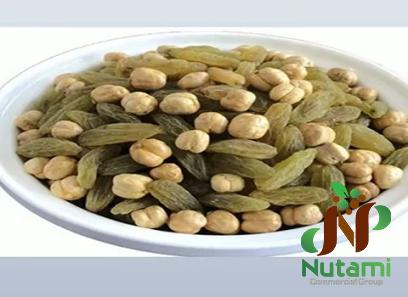
.
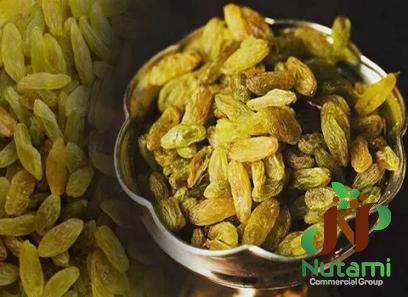 These small, wrinkled fruits are manufactured from a variety of grapes, such as the Muscat, Flame, and Zante. The rich and robust flavor of raisins make them a perfect ingredient in baked goods like bread, muffins, and granola bars. Additionally, their vibrant sweetness harmonizes well with savory dishes like rice pilafs, tagines, and stuffing for poultry. 3. Golden Raisins: Golden raisins are essentially dried grapes of the Sultana variety that are treated with sulfur dioxide during the drying process. This preservation method helps retain their light color and mild, sweet flavor. Golden raisins are often plumper and moister than regular raisins and sultanas. These qualities make them perfectly suited for use in traditional holiday recipes like fruitcakes, stollen, and mincemeat pies. Their flavor also blends well in chutneys, curries, and rice dishes.
These small, wrinkled fruits are manufactured from a variety of grapes, such as the Muscat, Flame, and Zante. The rich and robust flavor of raisins make them a perfect ingredient in baked goods like bread, muffins, and granola bars. Additionally, their vibrant sweetness harmonizes well with savory dishes like rice pilafs, tagines, and stuffing for poultry. 3. Golden Raisins: Golden raisins are essentially dried grapes of the Sultana variety that are treated with sulfur dioxide during the drying process. This preservation method helps retain their light color and mild, sweet flavor. Golden raisins are often plumper and moister than regular raisins and sultanas. These qualities make them perfectly suited for use in traditional holiday recipes like fruitcakes, stollen, and mincemeat pies. Their flavor also blends well in chutneys, curries, and rice dishes.
..
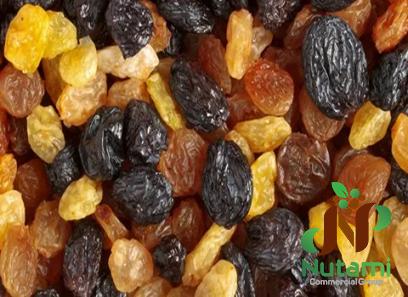 4. Nutritional Profile: In terms of nutritional content, sultanas, raisins, and golden raisins are relatively similar. They are all good sources of dietary fiber, potassium, and antioxidants. However, due to the sulfur dioxide treatment, golden raisins may contain more additives compared to sultanas and raisins. Those with dietary restrictions or sensitivities should be mindful and opt for organic or unsulfured varieties when available. Conclusion: When comparing sultanas, raisins, and golden raisins, it’s clear that their distinctions lie in flavor, appearance, and culinary applications. Sultanas are prized for their sweetness and delicacy, making them a perfect choice for baking and salads.
4. Nutritional Profile: In terms of nutritional content, sultanas, raisins, and golden raisins are relatively similar. They are all good sources of dietary fiber, potassium, and antioxidants. However, due to the sulfur dioxide treatment, golden raisins may contain more additives compared to sultanas and raisins. Those with dietary restrictions or sensitivities should be mindful and opt for organic or unsulfured varieties when available. Conclusion: When comparing sultanas, raisins, and golden raisins, it’s clear that their distinctions lie in flavor, appearance, and culinary applications. Sultanas are prized for their sweetness and delicacy, making them a perfect choice for baking and salads.
…
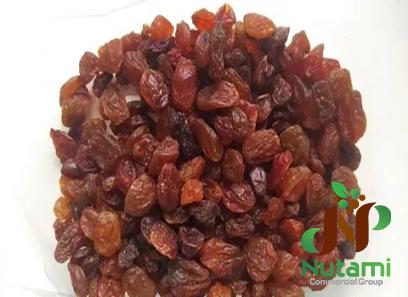 Raisins, with their rich and robust flavor, are ideal for recipes where a stronger taste is desired. Lastly, golden raisins offer a milder and moister alternative that adds a delightful touch to both sweet and savory dishes. By understanding the unique qualities of these dried fruits, you can make informed choices when selecting the perfect ingredient for your culinary endeavors. Whether you are craving a sweet indulgence or seeking to add depth to a savory dish, sultanas, raisins, and golden raisins can all provide a burst of flavor and versatility to elevate your recipes to new heights.
Raisins, with their rich and robust flavor, are ideal for recipes where a stronger taste is desired. Lastly, golden raisins offer a milder and moister alternative that adds a delightful touch to both sweet and savory dishes. By understanding the unique qualities of these dried fruits, you can make informed choices when selecting the perfect ingredient for your culinary endeavors. Whether you are craving a sweet indulgence or seeking to add depth to a savory dish, sultanas, raisins, and golden raisins can all provide a burst of flavor and versatility to elevate your recipes to new heights.

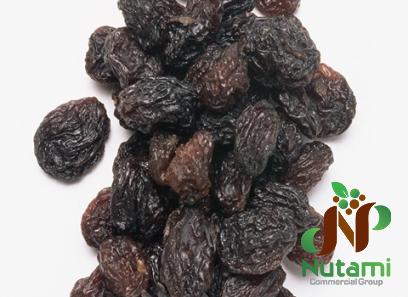
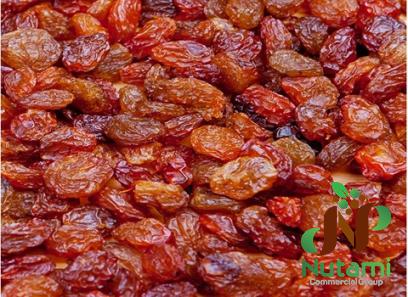
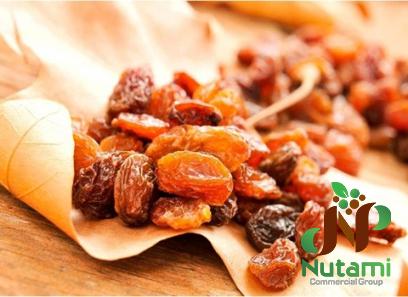
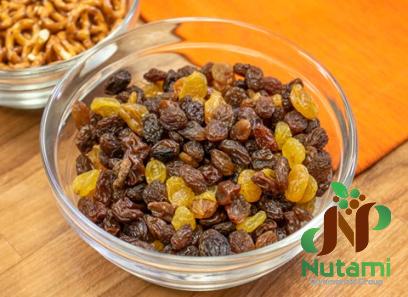
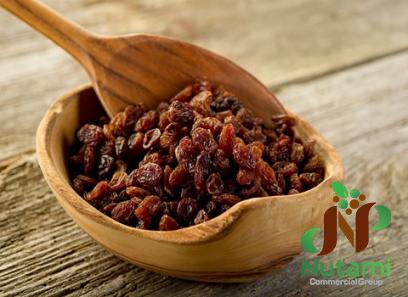
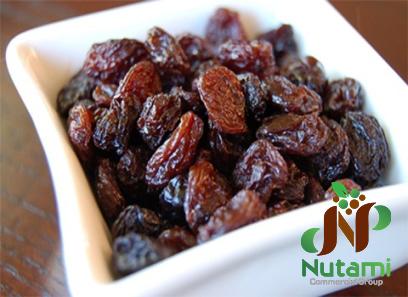
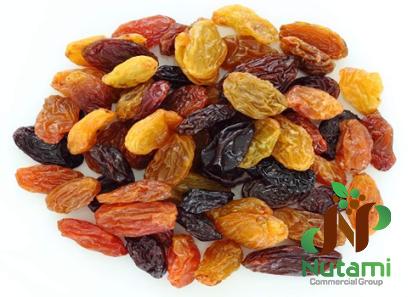
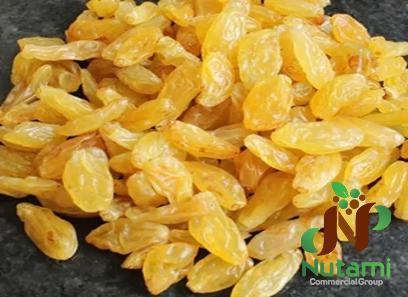
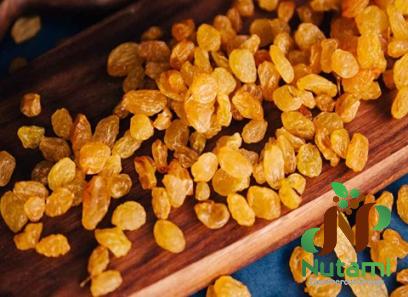
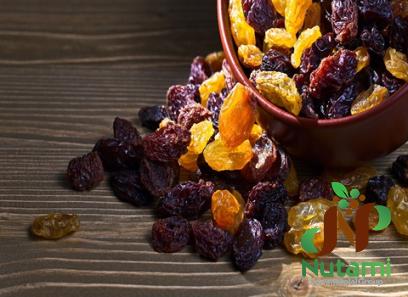
Your comment submitted.